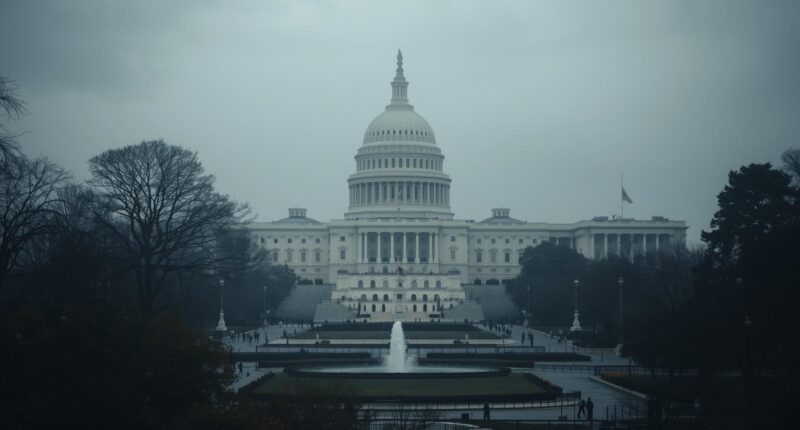What Could Happen if the US Government Shuts Down?
When political gridlock in Washington prevents Congress from passing a federal budget, the U.S. government can face a shutdown. This event can have widespread consequences for federal employees, government services, and the economy. Understanding what could happen if the US government shuts down is essential for businesses, households, and investors preparing for potential disruptions.
Why It Matters: What Could Happen if the US Government Shuts Down
A shutdown may sound like a temporary pause, but its ripple effects are far-reaching. By examining what could happen if the US government shuts down, we see impacts that include:
-
Federal employees working without pay
-
Suspension of government services
-
Delays in economic reporting
-
Negative effects on consumer confidence and markets
What Could Happen if the US Government Shuts Down: Key Impacts
1. Federal Employees and Contractors Go Unpaid
Hundreds of thousands of federal workers face furloughs or work without pay during a shutdown. Contractors who rely on government projects may also see delays or cancellations.
2. Government Services Are Suspended
National parks may close, passport processing may halt, and many public services can be disrupted. Essential services like Social Security and Medicare typically continue, but other areas stall.
3. Economic Growth Slows
A shutdown can reduce consumer spending, weaken business confidence, and cut GDP growth if it lasts for weeks. Economists frequently warn about the economic drag caused by shutdowns.
4. Financial Markets React
Markets often respond with volatility. Investors worry about government debt payments, delayed data releases, and uncertainty about fiscal stability.
5. Public Confidence Declines
People may lose trust in government institutions when shutdowns occur, which can hurt political stability and public morale.
Table: What Could Happen if the US Government Shuts Down
| Area Affected | Possible Impact | Severity Level |
|---|---|---|
| Federal Workers | Furloughs, delayed salaries | High |
| Government Services | Delayed passports, closed parks | Moderate to High |
| Economy | Reduced GDP growth, lower confidence | Moderate to Severe |
| Financial Markets | Increased volatility, investor fear | Moderate |
| Public Confidence | Decline in trust toward institutions | High |
This table highlights what could happen if the US government shuts down across different sectors.
Who Is Most Affected?
-
Federal Employees: Immediate income disruption
-
Travelers: Delays in visa and passport services
-
Businesses: Contractors and companies dependent on federal funding face losses
-
Investors: Market volatility and slower reporting of economic data
Historical Examples of US Government Shutdowns
-
2013 Shutdown: Lasted 16 days, costing the U.S. economy an estimated $24 billion.
-
2018–2019 Shutdown: The longest in history, 35 days, delayed paychecks for 800,000 workers and disrupted major services.
These cases provide real-world insight into what could happen if the US government shuts down in the future.
Internal and External Resources
👉 Related post for financial readers:
The Future of Real Estate in the United States
👉 For up-to-date government information, check:
U.S. Office of Personnel Management – Government Shutdown Guidance
Final Thoughts: What Could Happen if the US Government Shuts Down
A shutdown might seem like a temporary political issue, but its consequences are real and widespread. By examining what could happen if the US government shuts down, we can better understand its effects on workers, services, the economy, and public confidence.
To summarize:
-
Federal employees and contractors face income delays
-
Government services experience disruption
-
Economic growth slows, and markets turn volatile
-
Public trust in institutions declines
In 2025 and beyond, preventing shutdowns will be vital to maintaining both economic stability and public trust in government institutions.









